We are all well aware of the challenges and obstacles to recovery that the wine industry has continued to endure throughout 2021, through a toxic combination of ongoing Covid restrictions, Brexit and supply chain issues. But exactly how have wine producers in Europe and beyond fared, and how are they adapting as a business in the face of these? What does Brexit mean for their businesses in the long term, from their point of view? This month we spoke to a number of our agency producers to get their side of the story…
Liola Hernaez Iruzubieta, International Manager
Bodegas Monteabellón – Ribera del Duero
Bodegas Monteabellón – Ribera del Duero
There have been many troubles and difficulties in the last two years that we have all been faced with – beginning with Brexit, followed by the pandemic, the lockdowns, people losing their jobs and being ordered to stay at home…
But like others we have adapted our ways of working: conducting meetings over Zoom, trying to keep in touch with our partners abroad, conducting tastings with customers virtually, and trying to promote wine consumption at home and online sales. It has been key to keep people involved in the wine experience, and to keep wine in consumers’ lives, which has not always been easy.
The most difficult aspect in my opinion has been the loss of contact with our partners, friends from the sector and our customers. So now, looking ahead to the end of 2021 and 2022 we are very positive and happy to be able to travel again and reclaim our normal lives and regular rhythms. There are still many problems to overcome, however. The effects of Brexit are awful for the UK market, but it is too late to complain now, rather we need to adapt ourselves, our cooperation with our partners, our wines and ways of distribution to this terrible mess. I believe it is going to be hard and it will take time, but we will absolutely be able to overcome it.
The Castagnedi Family
Tenuta Sant’Antonio & SCAIA – Veneto
Tenuta Sant’Antonio & SCAIA – Veneto
Firstly, in 2020 and 2021 we certainly encountered difficulties caused by the COVID-19 pandemic. Since 75% of our turnover is generated by foreign markets, the closure of hotel and local businesses such as restaurants and bars understandably caused a drop in sales, especially in the months of March, April and May. Fortunately though, we have been strongly supported throughout by our omnichannel projects that were already in place, such as the distribution of certain products (especially the SCAIA wines) to larger-scale retail and online markets.
The second challenge we have faced is climate change, but we have been active in sustainability projects for years, so these extreme weather events have not been critical. For example, we have implemented an agronomic strategy to support the vine, so that we can support it through the climatic changes that are taking place.
In terms of adaptation, we used 2020 as a year for research and development. The time made available by the pandemic allowed us to notice aspects of the company that we had not focused as well on previously, so that we could resolve any issues and maximise their full potential. 2020 was a year of maturity for us, of growth and awareness that allowed us to study and work out the greatest investments that we have ever made, starting from 2021. We have invested in all sectors of the business: from production to logistics, from sales to training and the recruitment of new specialised personnel.
2022 will be an extension of this beginning for us, with the project to complete the first renovations in the cellar with a new highly technological and sustainability-oriented pressing line, with the recovery of washing water and dispersion energy. All to ensure greater efficiency and prepare us for the next decade of work, as well as improve the quality of our products and service. From a commercial point of view we expect to implement new projects dedicated to single vineyard wines, and increase the awareness of our brand through targeted communications, including digital channels.
In terms of Brexit, it is certainly a hot topic from an export point of view for Italian wine, but more generally for the international world. We are aware of these difficulties but we have also been able, together with our partner, to find the right compromise and procedure so that we can continue to work and grow without critical issues.
Roberto Caruso, President
Assuli – Sicily
Assuli – Sicily
The pandemic has definitely been the most challenging time for us: it was the first event that completely switched the way we approach the market. But it never stopped us. On the contrary, the “down-time” has allowed us to think about the future. We have faced many changes, always pursuing the path to promote the region’s growth logic, based on a positive evolution of the territory through the enhancement of its great heritage of culture and traditions. Furthermore, we have changed the structure of our winery by approaching the changes like a blank page; streamlining our processes from the inside. It has already bore fruit and seen great results!
We have also benefited by employing new staff in sales and export, marketing and communications, and within the winery itself. Not even the pandemic hindered wine production. In fact, in April 2020 when the world was on hold, we planted 600 new vines in the 20-hectare Scorace plot. A future gem vineyard in an extraordinary position and the unusual altitude for the area of no less than 600 meters above sea level. We are coming out of these years stronger and our enthusiasm is supported by positive numbers and feedback from our clients and partners.
After the initial unusual period we have adapted well to the new post-Covid landscape: developing online tastings, cross tastings, online wine fairs and live social media with the support from advertising and press coverage, such as in Decanter. In short, we have made a major shift towards digitalisation, which has enabled us to understand how effective and efficient it can be; making contact with potential customers ‘at a distance’ and allowing inspired wine lovers to experience a pleasant tasting room, even on a screen.
Looking ahead, our long-term projects are also focused on ensuring the continuity of two Assuli pillars: indigenous wines and organic viticulture. Our ambition is to best interpret the soul of Sicily and enhance it with our creativity. We really look forward with renewed optimism to the future of Sicilian wine. We aim to contribute with wider efforts to revitalise its image, especially within the UK market, in which we strongly believe.
It is so unfortunate that since Brexit, the situation for traders is no longer the same as it was a few months ago. Shipment times have become longer than in the past, which has delayed the arrival of wines on the market as a result. We hope that customs procedures will be implemented to streamline and simplify operations.
Matthew Desoutter (Desoutter & James)
Repesenting Navascués Enología – Aragon
Repesenting Navascués Enología – Aragon
From our point of view as a Spain-based agency representing a variety of small and medium-sized Spanish producers and with a focus on the UK market, the two biggest challenges by far have been Brexit and Covid-lockdowns, although the impact of supply chain issues is certainly growing on the horizon!
From our perspective, I think the impact of Brexit has been twofold. Firstly, and most directly it has increased the cost of trading with the UK both financially and in terms of time and bureaucracy. The day-to-day impacts of Brexit on the wine trade seen from the UK end of the telescope have been very well documented already by industry members such as Daniel Lambert. But for us here in Spain who are used to dealing with smaller producers and consolidated orders, it has brought its own complications as we have switched from moving wine from one part of the EU to another (an intra-community movement) to a full-blown export environment, against a rather confused UK backdrop of changing rules.
The second thing to say is that as circumstances have changed we have had to adapt and become more agile, which is not necessarily a bad thing. So as an example, we have developed tighter relations with our various logistics partners to ensure that they are more aware of our needs and able to respond when we need them to. I think when you work on an ex-works basis it is easy not to look further along the supply chain, but as the sands have shifted we have had to sharpen our understanding of who does what from Spanish vineyards to UK warehouses! We have also been developing various new ways of working and parallel projects adapted to the new reality, all of which are very exciting and are keeping us busy.
Of course, all of the above has been exacerbated by the stop-start nature of Covid lockdowns and the impact that has had on UK on-trade demand. From a Spanish producer perspective, I think in the first phase the situation in the UK was tempered by the fact that the same thing was essentially happening in all export markets across the world. Over time though I think the difficulties in the UK market, compounded by the current logistics and supply chain pressures, means the enthusiasm some here have historically felt for the UK market – sales and a springboard for global reputation – is perhaps waning slightly as producers struggle for margins and wonder if the UK is worth the extra effort vis-a-vis other export markets.
Looking longer-term then, part of our job at Desoutter & James is doing our bit to keep the UK spotlight on Spain as a source of great wines at competitive prices (continuing to tell the Spain story in ever-more engaging ways). But in parallel, we’re also going to be focusing on keeping producers here excited about the UK market as a destination for their (limited production) wines and finding innovative and competitive ways to bring those wines into the UK.
Le Morette Team
Le Morette – Veneto
Le Morette – Veneto
We are surefire to say that the biggest challenge for this tough year has been the pandemic. The complete lockdown we faced in Italy at the beginning of the year halted restaurants, wine bars and social life and represented a huge loss for our winery, with the HoReCa market as our main sales channel. We did our best to encourage our online sales with good feedback and we’re still managing this channel successfully, however, only with a partial recovery of the whole company’s business.
In terms of international markets, our export rate is roughly 60%, so the uncertainties and severe restrictions were affecting the majority of our customer base worldwide. We had several weeks with 80 to 90% of our customers under lockdown regulations. And of course, restrictions were applied for a much longer period during 2021, versus 2020. In short, we have been facing really tough times.
Meanwhile, during those difficult months, we attended and organised many virtual tastings and seminars with customers and we had the time to review plans and move forward to become a better organisation in terms of productivity, which greatly helped with the restarting phase of the restaurant trade. We were ready for shipments as soon as the markets reopened, thanks to our policy of preparing a good stock of bottles ready-for-shipment in the second quarter of the year (while the lockdown forced us to a stop in sales and marketing). The consequence of these choices was a very quick reaction of our customer base who started sending us orders during May. Of course this gave us a good advantage in terms of timing and quick response to a lot of our customers, during a very delicate period.
Fortunately the emergency of Covid-19 is subsiding, the vaccination campaign is showing good results and the world is starting to feel smaller again, since we’re planning our next trips in Europe and thinking about the next exhibitions in Italy and abroad in 2022. We have great expectations for the next year and we hope to have the support of our partners to restart side by side with tons of energy. Unfortunately we are now forced to manage the supply chain cost increase, which could become a complication for the beginning of 2022. Once more we’ll do our best, again, trying to keep costs as low as we can, in order to offer good support to our best customers.
Brexit, of course, has meant another annoying obstacle in this already tough scenario and led to more paperwork, new logistic issues and some extra work for our bookkeeping department. The UK, generally speaking, is a priority market for Italian wines and food, and in our opinion it will take a longer time for a real solution-management of the new rules in Brexit times. Again, let’s keep our fingers crossed for a continuing decrease of the virus numbers, to let consumers enjoy less complicated days, nice meals and beautiful quality wines.

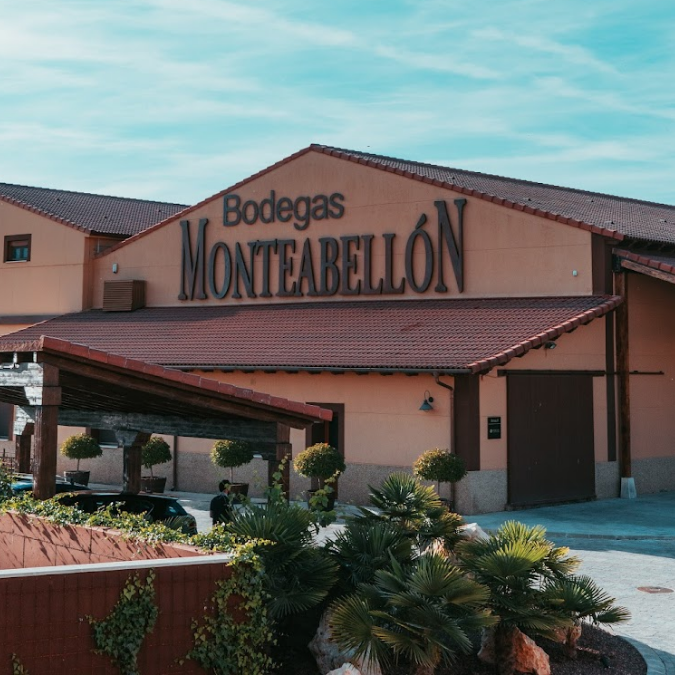
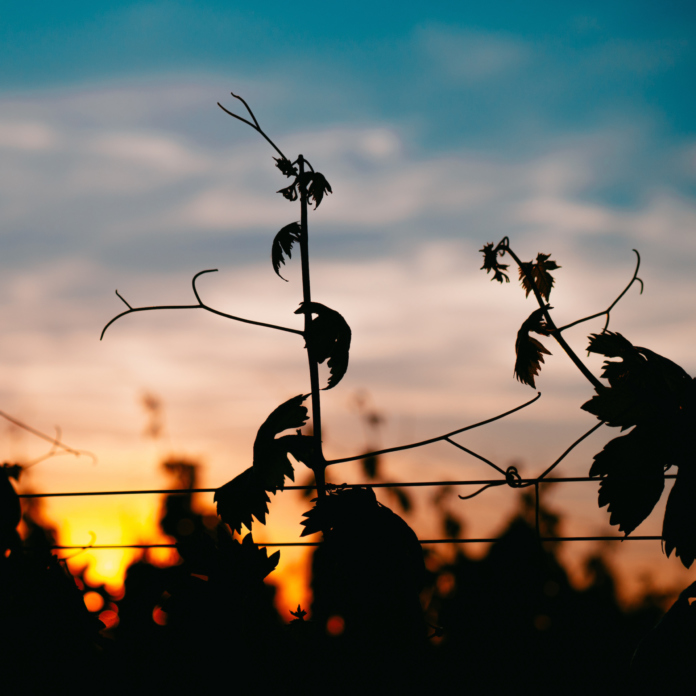
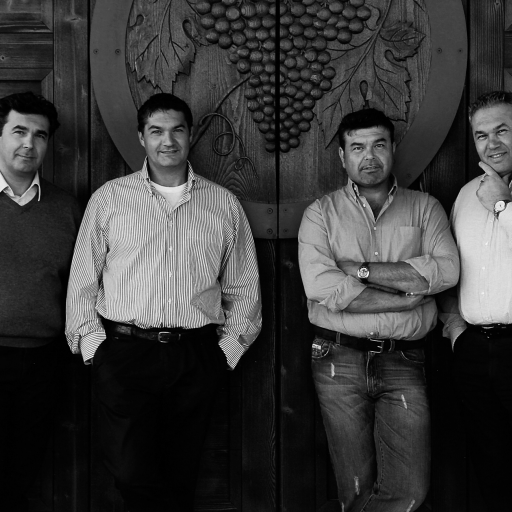
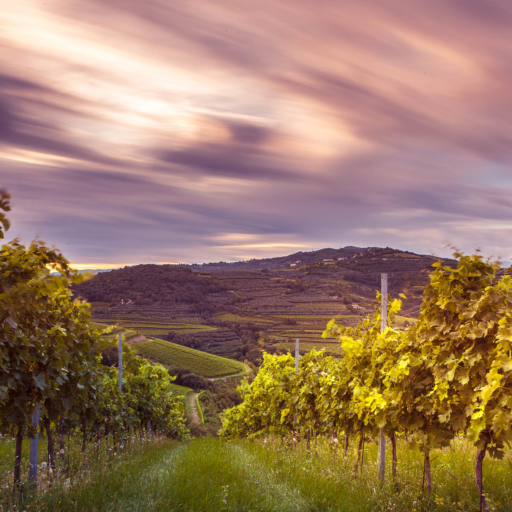
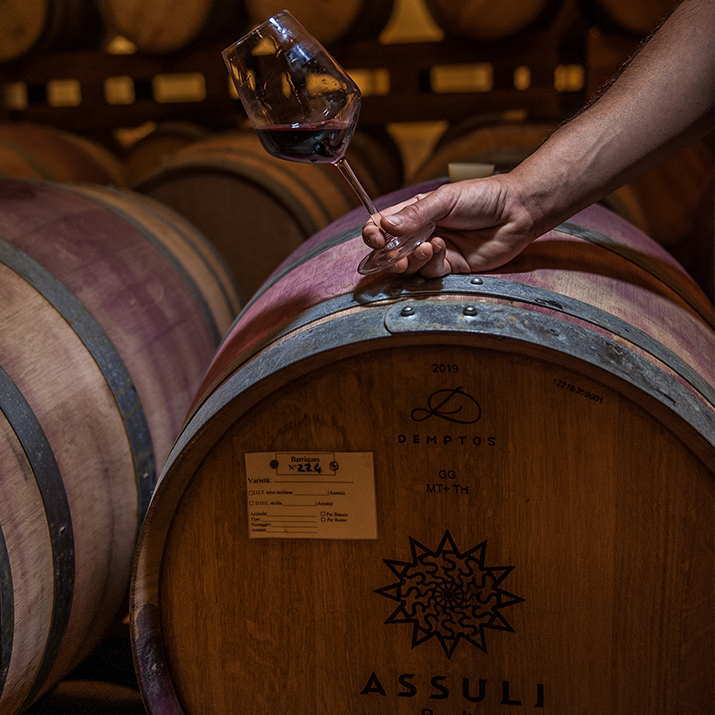
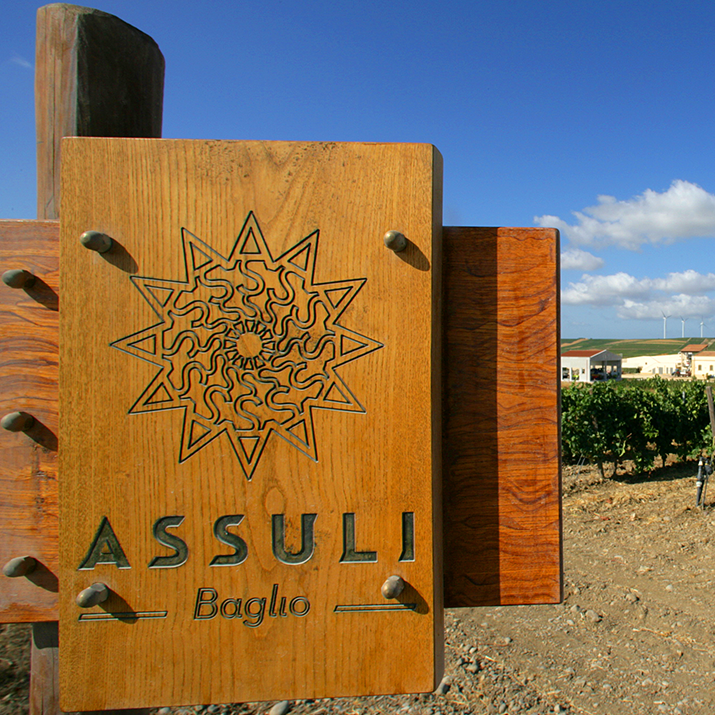
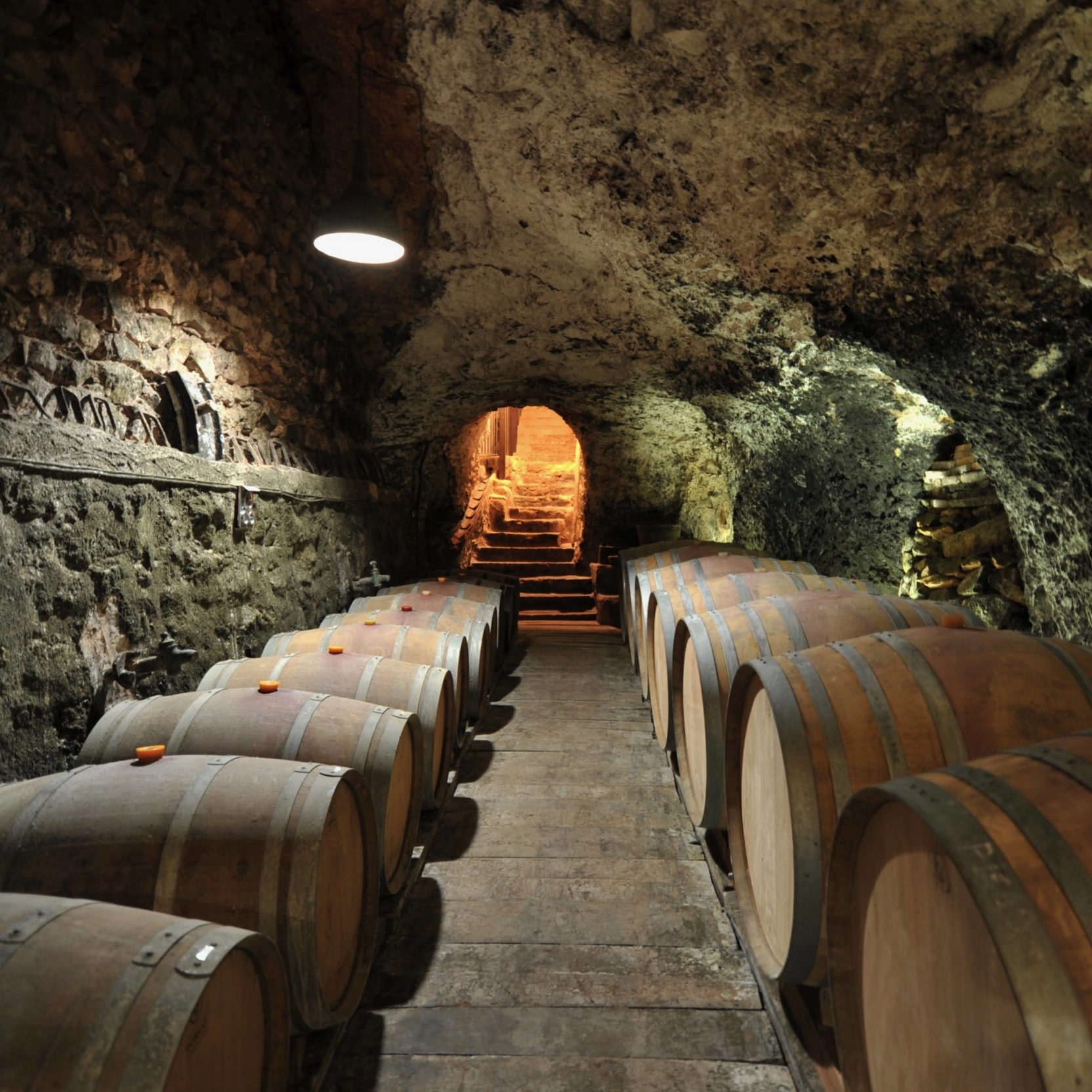
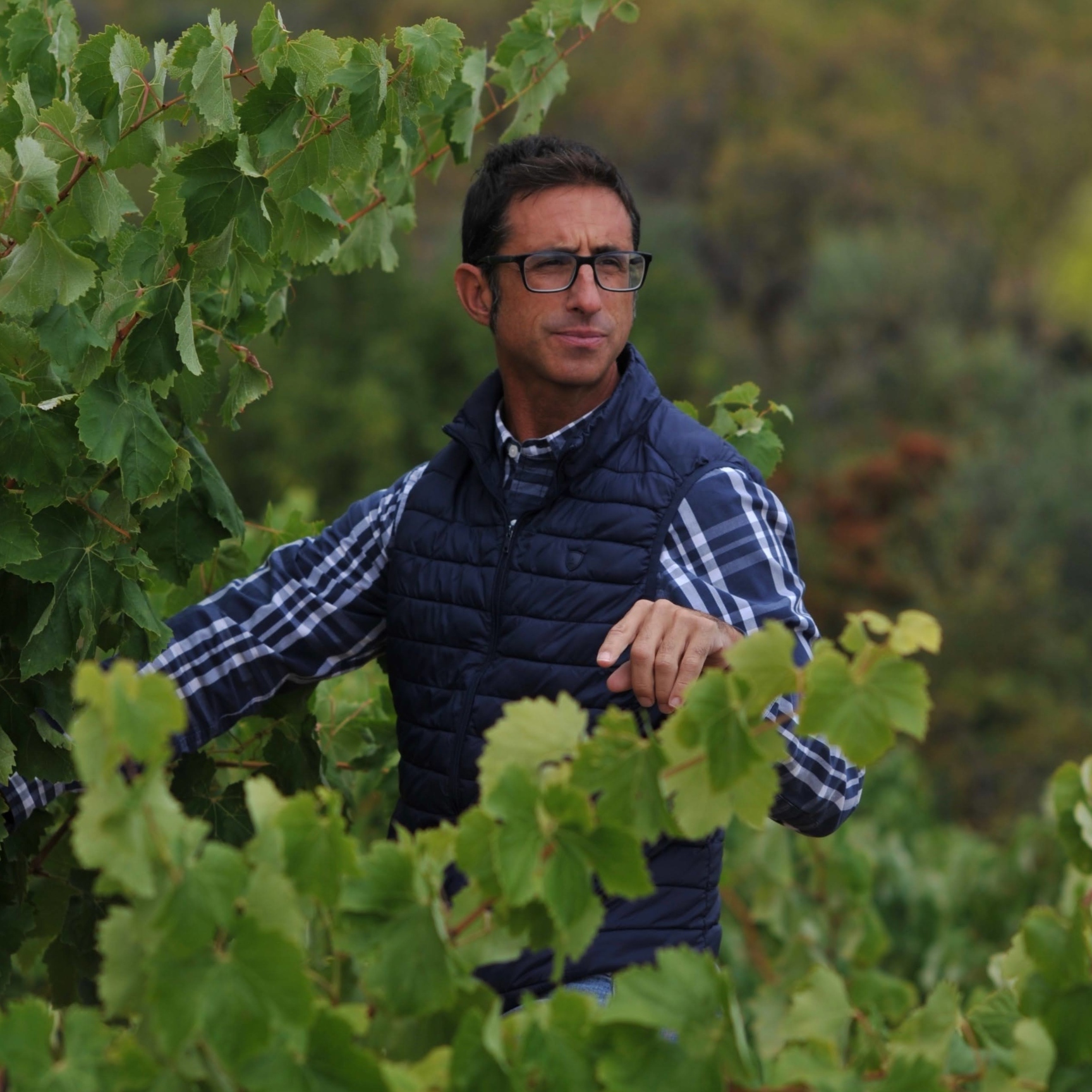
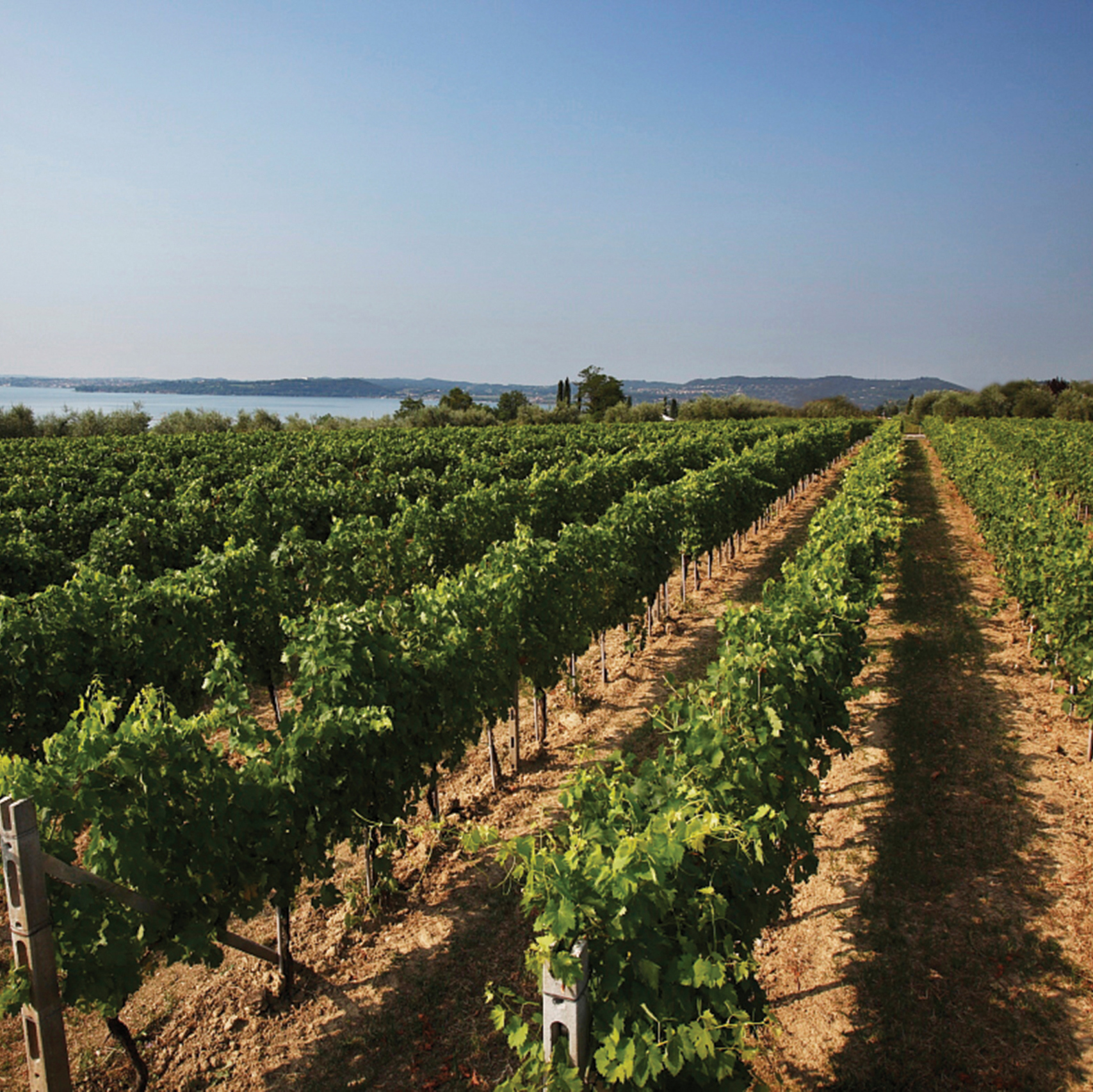
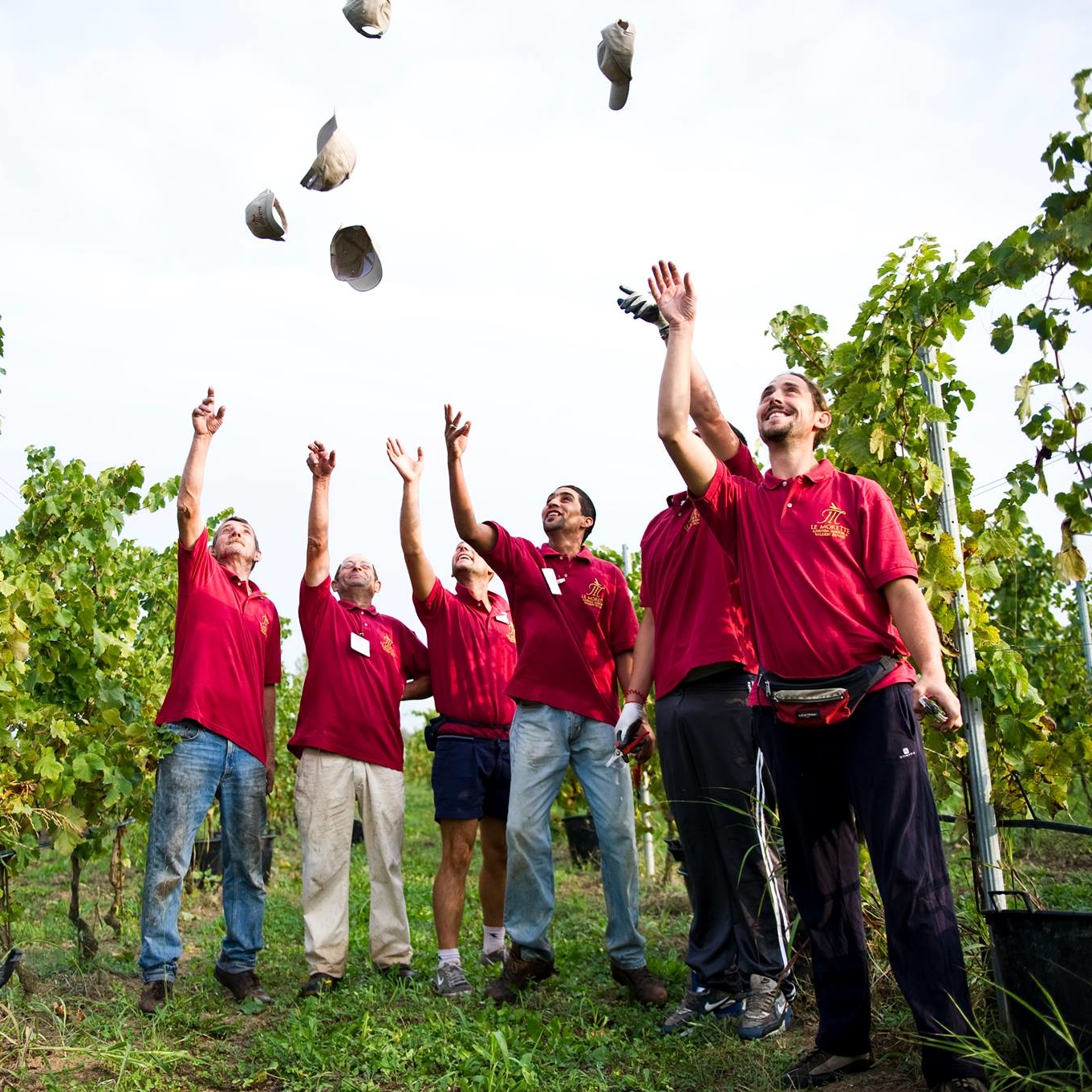
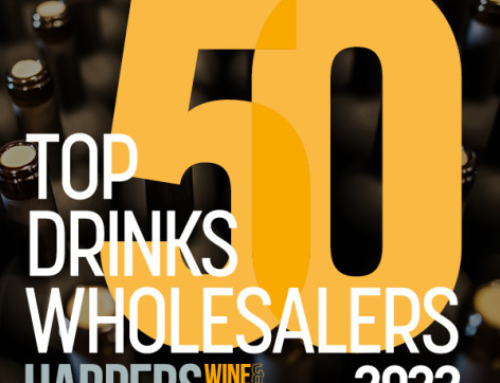
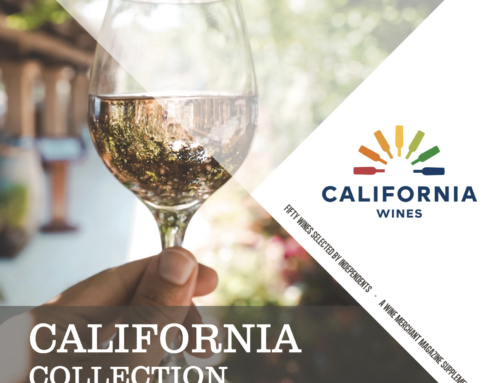

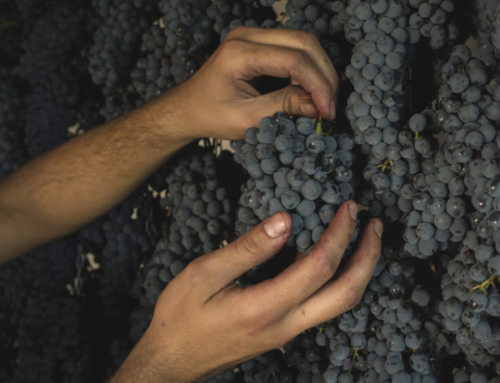
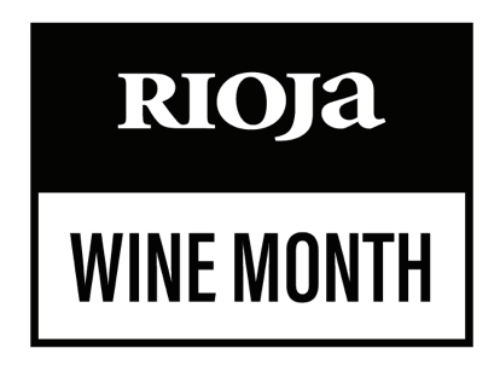
Leave A Comment